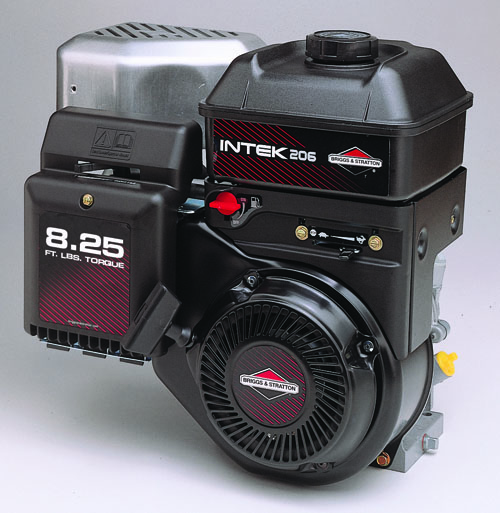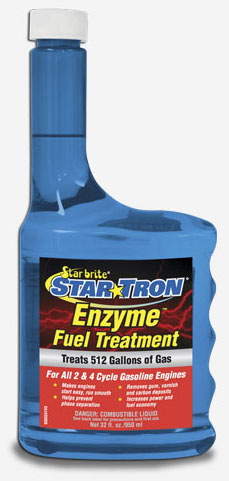
It has some distinct negative effects, however, especially on small engines such as those found in lawn mowers, snowblowers, and other machines. Cars and trucks are less effected by ethanol because they are usually used regularly in all four seasons — it’s the extended seasons of disuse that causes ethanol to work it’s mischief on smaller engines.
Over periods of disuse, the ethanol in your fuel can corrode metals, degrade rubber parts, and cause a gelatinous brown goop to form in your fuel tank. It’s best to do what you can to avoid this.
How can I prevent this?

Snowblowers and lawn mowers are particularly vulnerable to ethanol damage because each is generally only used for about half of the year. If left unused for long periods, it is likely that you will have a terrible time getting these machines started when they’re needed. The easiest way to prevent ethanol damage is to do one of the following:
- Drain all the fuel from your tank before packing it away for the off-season. If there’s no gas in it, there’s no ethanol to worry about!
- Use a fuel stabilizer, which will neutralize the impact of ethanol on your machine. Some machine owners like to add a bit to their gas every time they fill up, but it’s especially important to add it before you store your machine for the season.